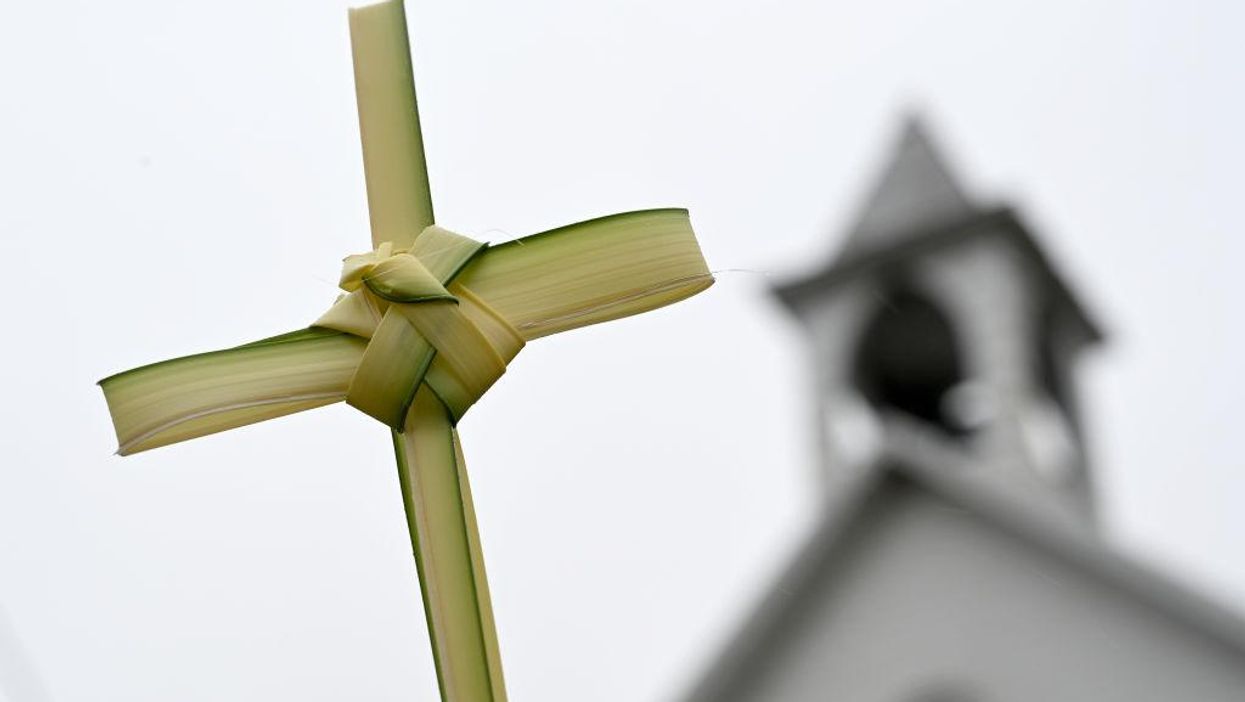
Katherine Frey/The Washington Post via Getty Images

Churchgoers are now a minority
Churchgoing citizens are now a minority demographic in the United States.
The percentage of Americans who belong to a house of worship such as a church, synagogue, or mosque dipped below 50% for the first time ever, according to a survey released by Gallup.
The new survey, published on Monday, found that only 47% of Americans reported membership in a place of worship in 2020, continuing a sharp downward trend that began at the turn of the 21st century.
Gallup first began tracking membership in 1937, at a time when 73% of Americans reported that they belonged to a house of worship. That high level of membership continued for the next six decades until 1999, when 70% of Americans still reported membership. But in the early 2000s, membership in a house of worship began declining steadily.
Gallup noted the downward trend in membership matches a similar trend in which Americans decreasingly express a religious preference.
"Over the past two decades, the percentage of Americans who do not identify with any religion has grown from 8% in 1998-2000 to 13% in 2008-2010 and 21% over the past three years," the research company said. "As would be expected, Americans without a religious preference are highly unlikely to belong to a church, synagogue or mosque, although a small proportion — 4% in the 2018-2020 data — say they do. That figure is down from 10% between 1998 and 2000."
The trend against religiosity is expected to continue as younger generations are increasingly likely not to belong to a house of worship.
According to Gallup, "Church membership is strongly correlated with age, as 66% of traditionalists — U.S. adults born before 1946 — belong to a church, compared with 58% of baby boomers, 50% of those in Generation X and 36% of Millennials." The youngest adult generation in the U.S. — Generation Z — has reportedly produced similar rates to those of Millennials.
At the same time, while fewer Americans overall report belonging to a house of worship, the trend of increased church attendance with age has continued. Stated differently, this means that as Americans get older, they are still increasingly attending a house of worship.
Gallup cited this data to disprove a widely read 2019 op-ed published in the Washington Post that claimed that Millennials "are skipping church and not going back."
Gallup's report did not break down data about churches, synagogues, or mosques in isolation.
Phil Shiver